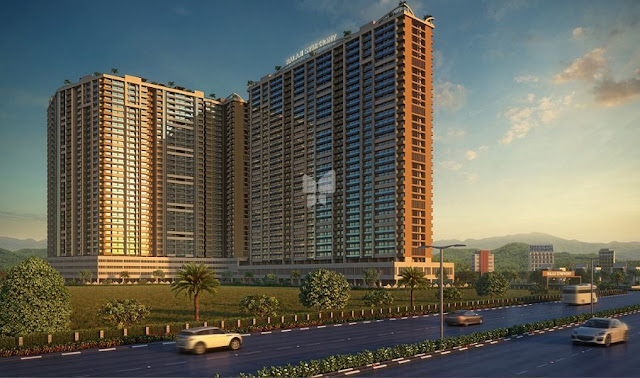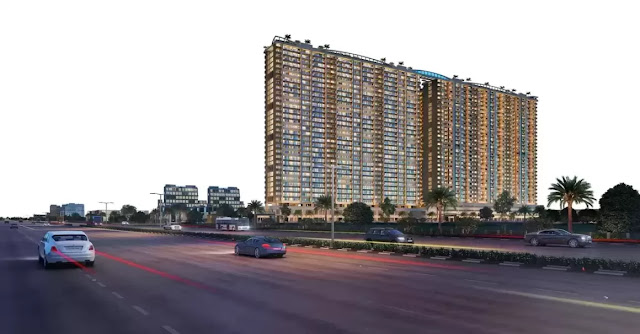Input Tax Credit or No Input Tax Credit: What Will The Real Estate Sector Choose?
As announced during the interim budget 2019, the GST Council has reviewed the Goods and Services Tax (GST) rates
Higher GST with ITC or lower GST rates without ITC: What will developers choose?
With the input tax credit being taken away, there will be an immediate cost implication for developers. However, it is up to the developers to decide if they want to clear their existing inventory by adopting the reduced rate regime, or stick to the previous arrangement should their profit margins be tighter and if they are confident of clearing the inventory at higher GST rates to the end-user. “It is a business call that each developer will have to make, as per their assessment of their own and market conditions and liquidity conditions,” says Nimish Gupta, FRICS-MD,
For the projects launched before April 1, 2019, the GST Council allows the developers to stick with the old GST rates, with ITC benefit. “So, the developers are likely to go with the old GST rate for those projects, as they have already factored the sale price keeping in mind the GST and in many cases the benefit of ITC was passed on to the buyers,” says Harvinder Singh Sikka, MD of the Sikka Group.
With the emphasis presently being on volume growth, the pressure on property prices is likely to remain. Moreover, with demand remaining subdued in most micro-markets, several developers have even resorted to fully
Aditya Kedia, managing director of Transcon Developers, points out that the GST regime considers the share of land at one-third of the total value of the project. “However, real estate projects within city limits have a land cost
Reduced GST rate for real estate: Impact on property prices
When the rate of tax decreases, the value of a product or service should also perceive a corresponding reduction. However, the structure of GST is such that in some cases, particularly where the ITC cannot be claimed, the prices may not decrease. This implies that the planned decrease in GST rates for under-construction housing projects, may not result in lower values of residential units. It may also raise the level of complexity for developers.
Experts also warn of some confusion, as buyers would want to shift to the new lower tax regime, while builders may want to continue with the earlier regime of higher GST but with ITC. “In the current situation, it may lead to some conflict of interest between buyers and sellers. It may also leave little room for developers to increase residential property prices. They may have to wait for greater clarity on the same, to ensure a smooth transition,” says Abhinav Joshi, head of research, CBRE India.
He adds that a similar situation may arise, for mixed-use developments. This may result in delays in project execution, as
Moreover, the raw materials that form a part of any construction project, will still be taxed at the prevalent rates. “For example, the rate of tax on cement is 28%, while that on elevators is 18%. Such prices and duties that are paid by the developer, may be indirectly passed on to the consumer,” says Kedia. The withdrawal of ITC could reduce developers’ turnover, as it would be difficult for developers to absorb the snowballing cost of construction. This could lead to an escalation in property prices, as developers strive to avert unwanted pressure on margins. “As a result of this, developers in order to uphold margins, would be forced to raise the sale price
Going forward, if developers choose the new regime, it is likely to mean an increase in the cost of construction. However, the end-user may benefit from the lower GST rates, if the increase in costs
Impact of new GST rates on the real estate fraternity
Choosing between the old and the new GST rates, will be a business call that each developer will have to make, as per their assessment of market and liquidity conditions.
The withdrawal of the ITC is expected to marginally bring down developers’ turnover, as it may be difficult for them to absorb the rising costs of construction.
Balaji Symphony is one of the best Luxury residential and Commercial Real Estate developer and Builders in Panvel, Navi Mumbai. Provides lavish and luxurious developed 1 BHK, 2 BHK and 3 BHK Flats & Projects in Panvel. The venture is well prepared with all contemporary facilities and 24X7 protection support to accomplish the needs of the citizens with modern amenities and security services. Buy Property in Navi Mumbai.
Source: https://housing.com/news/input-tax-credit-or-no-input-tax-credit-what-will-the-real-estate-sector-choose/




Comments
Post a Comment